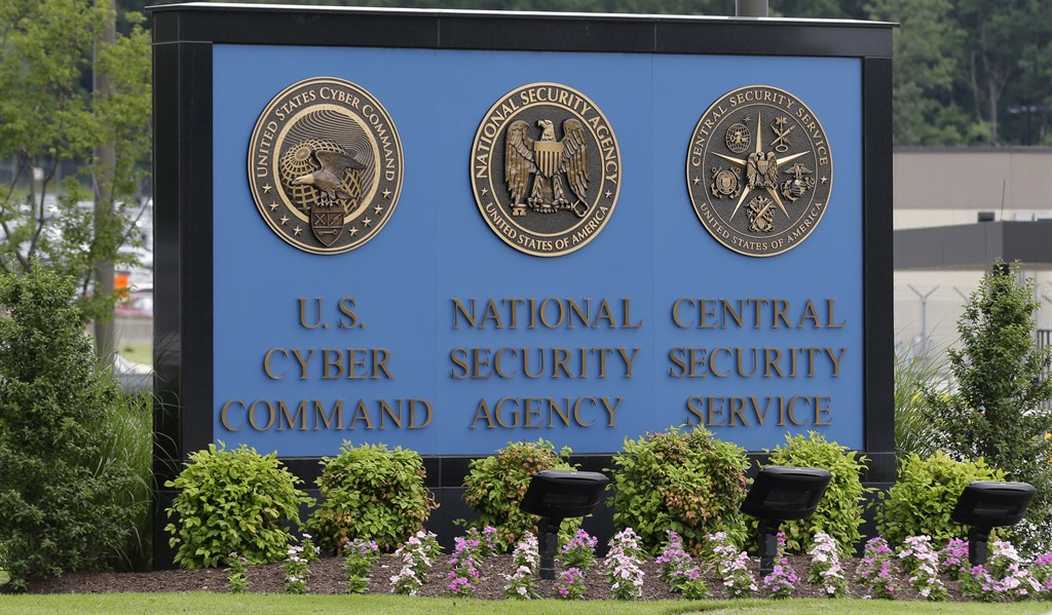According to Greek mythology, Cassandra, daughter of the King of Troy, captured the attention of Apollo with her beauty. But, after rejecting his romantic advances, some versions of the legend say he cursed her with the gift of prophecy, with the caveat that she would never be able to convince others of her visions of the future. Eventually, she was driven insane by the curse.
Over the past decade, privacy advocates repeatedly have found themselves in similar situations. In 2003, I sat down for an interview with Reason Magazine regarding my continuing work on privacy issues. “The [Bush] administration seems to be pushing [the USA PATRIOT Act’s] application as broadly as it can in non-terrorism cases,” I explained to Reason; noting that “it has become much more problematic because it's part of a growing list of privacy-invasive government programs.” The programs obviously continued.
More than 10 years later, prophetic warnings of the consequences of unchecked federal authority remain the same. Only recently are people starting to realize the folly of ignoring the alarm bells for so long.
As I and other privacy watchdogs explained for years, the triumph of Big Brother would not happen overnight or with a single piece of legislation. While it may appear as if the Obama Administration is the culprit on which we can pin blame for the massive federal surveillance apparatus under which we labor today, it actually is the result of the slow mission creep of anti-terror initiatives dating back to the Clinton Administration.
It has not been only constitutional encroachment at the federal level that spawned today’s culture of civil-liberties abuse. Power grabs at all levels of government have served as the incubator for an unprecedented scope of personal privacy penetration. Foolishly, many citizens appear to have concluded that if it was their local sheriff or police chief calling for such increased security measures – in the name of fighting crime -- they could be trusted.
Recommended
We see now just how misplaced that trust can be.
According to a request-for-proposal (“RFP”) posted to a federal contractor database, the Department of Homeland Security is seeking to develop a National License Plate Recognition Database, designed to “track vehicle license plate numbers that pass through cameras or are voluntarily entered into the system from a variety of sources,” such as federal, state and local law enforcement divisions. The RFP noted further that, “[o]fficers should be able to query the NLPR database with license plate numbers based on investigative leads to determine where and when the vehicle has traveled.”
It is common knowledge that many state and local agencies have active license plate scanner systems already in place; often purchased with federal “anti-terrorism” grants. With the development of the NLPRD, the other shoe will have dropped – just as the feds planned all along.
Not surprisingly, the RFP suggests the system will be used to facilitate the surveillance and prosecution of “criminals,” with enhanced safety for officers and reduced man-hours. Catching criminals while cutting government waste and protecting police? Sounds like a slam-dunk, right? Only if government can rewrite its history of civil rights abuse.
Knowing what we know about President Barack Obama, Attorney General Eric Holder, Director of National Intelligence James Clapper, and the congressional leadership in both parties, it is clear Uncle Sam will stop at nothing, including high officials directly lying to the American public, to protect the Golden Calf that is federal power. Couple this with the disturbing trend of militarization in local police forces, and you have the perfect storm for building a surveillance system so entrenched in all levels of government, it becomes virtually impossible to dismantle.
If even moderately effective (bear in mind, the Obama Administration considers its rollout of ObamaCare to be a model of success), the NLPRD will become the paradigm for data-sharing among all branches and levels of government. It will be the prelude for a single national database that houses every shred of personal data on which the government can get its hands -- legally or otherwise.
Of course, Republicans like Sen. Lindsey Graham and Rep. Peter King, and their liberal counterparts like Congresswoman Nancy Pelosi, will claim once again that such suspicions are a symptom of the “wacko bird” Cassandra complex afflicting privacy advocates. Thankfully, many citizens are beginning to realize it is actually people like Graham and Pelosi who have lost touch with the reality here, and the true heroes in the government are people like Sen. Rand Paul and Rep. Justin Amash -- two of the staunchest and most vocal privacy advocates in office.
The real question remaining is whether we have waited too long to finally reclaim the high ground of individual privacy.

























Join the conversation as a VIP Member